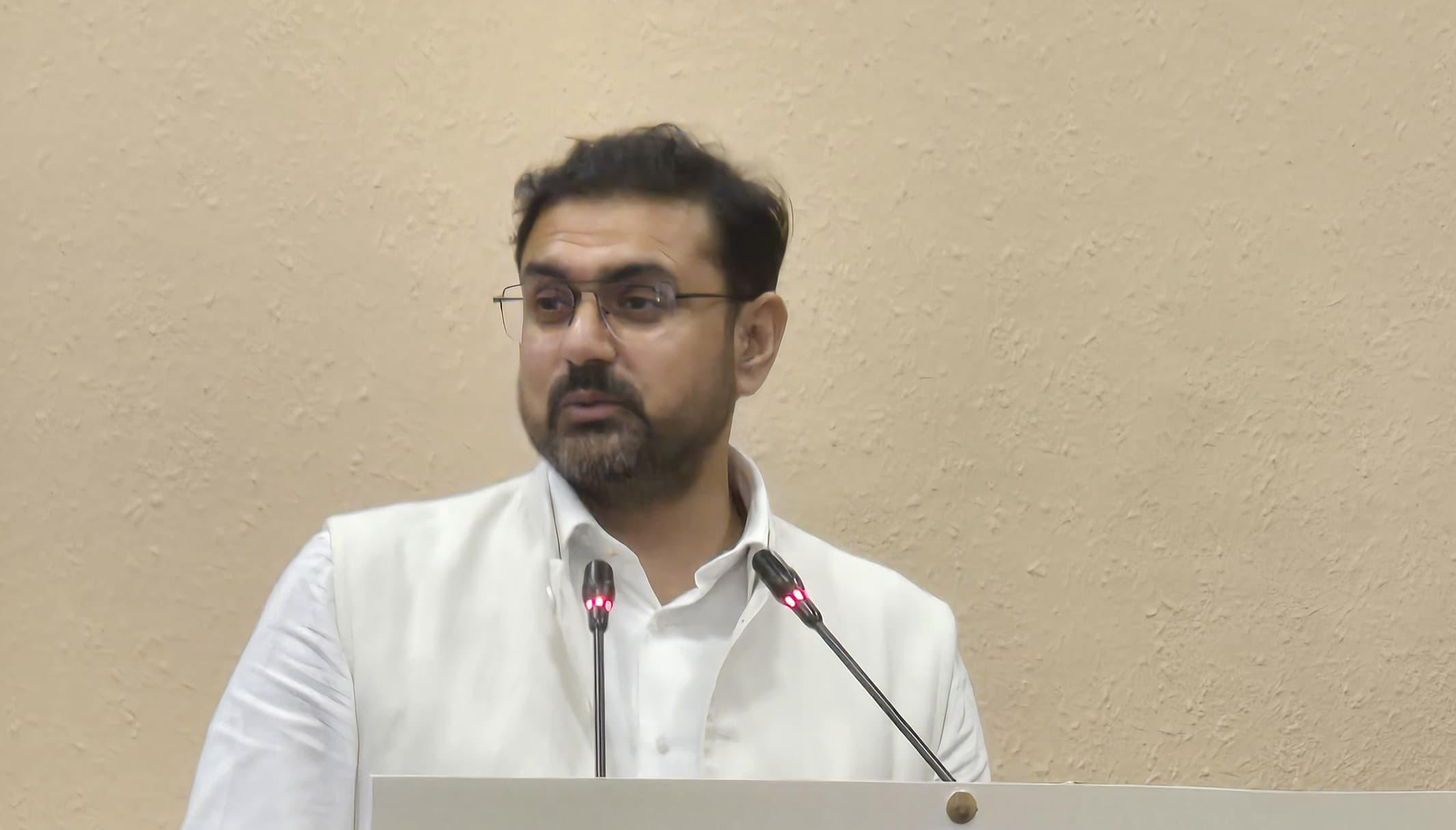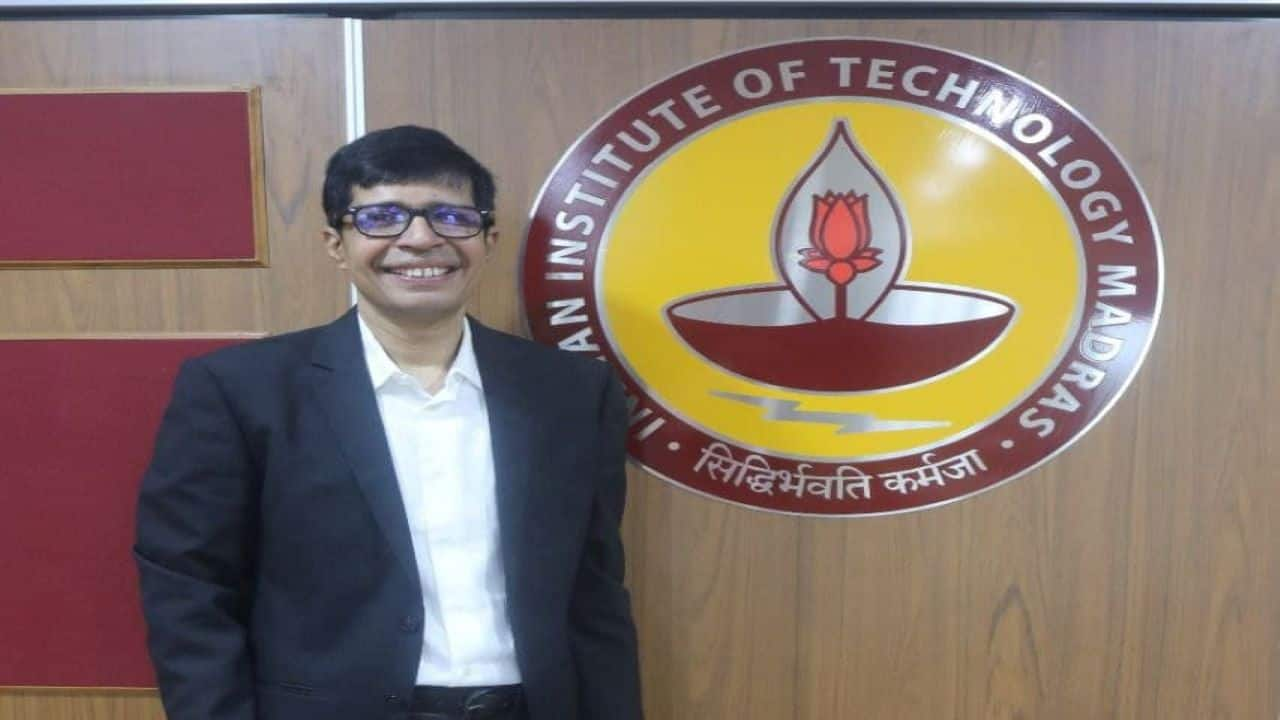Harvard Tells International Students to Avoid Boston Airport as Border Scrutiny Intensifies, New Update is for You - Travel And Tour World
Sunday, July 6, 2025

Harvard University has shaken the academic world as it warns international students to steer clear of Boston Airport amid rising border scrutiny. Now, tension ripples through campus halls and travel plans alike.
Meanwhile, questions explode about why Harvard University feels Boston Airport poses sudden new risks. What secrets hide behind this warning? And how deep does rising border scrutiny really go for international students trying to reach the United States?
Moreover, Harvard University’s decision ignites urgent fears. Could a routine flight into Boston Airport trigger life-altering consequences for students chasing their dreams? Or is this rising border scrutiny merely a glimpse of a larger storm brewing for global travelers?
International students hold their breath. Boston Airport stands under an uneasy spotlight. And Harvard University watches closely, determined to protect its own.
This story isn’t just about airports. It’s about freedom, fear, and the fight for safe passage in a world of rising border scrutiny.
A sudden warning from Harvard University has jolted the travel and academic worlds, revealing new threats lurking at US borders for global scholars.
In a move rippling through campuses worldwide, Harvard has advised its international students to avoid flying into Boston Logan International Airport (BOS). The reason? Heightened scrutiny and invasive checks by U.S. border officials, leaving travelers vulnerable, anxious, and exposed.
Boston Logan, once a trusted gateway to New England, now finds itself at the epicenter of a chilling new reality.
International students, particularly from Iran and China, have reportedly faced intense interrogations, digital device searches, and scrutiny of their social media. Border officers are combing through online histories, looking for posts critical of the United States or politically sensitive content.
Meanwhile, even attempts to clear digital traces before arrival can trigger suspicion, fueling an atmosphere of fear and uncertainty.
Harvard’s legal and immigration teams took decisive action. During a private briefing, officials revealed concerns that arriving through Boston Logan could jeopardize students’ ability to enter the country safely.
Instead, Harvard is steering its international community toward alternative airports such as New York’s JFK, Chicago O’Hare, or Los Angeles International. These hubs, based on anecdotal reports, appear to offer smoother entry processes, though no official data confirms a safer passage.
This advice is reshaping travel plans for hundreds of scholars who once viewed Boston Logan as a convenient portal to Harvard’s historic campus.
The implications of this warning are massive.
Boston Logan is a crucial hub not just for Harvard but for the entire New England academic ecosystem. Universities across Massachusetts, including MIT, Tufts, and Boston University, rely heavily on international talent.
Moreover, the travel advisory underscores growing tensions between U.S. national security measures and the country’s reputation as a global leader in education and innovation.
International students are now trapped between their academic dreams and an increasingly unpredictable U.S. immigration landscape.
Those from Iran and China, especially students engaged in science, technology, engineering, and mathematics (STEM) or artificial intelligence research, face heightened risk. They fear lengthy interrogations, possible denial of entry, or worse—accusations that can derail careers and shatter lives.
Meanwhile, students recall chilling incidents like the case of Kseniia Petrova, a Russian researcher detained at Boston Logan in February. She was accused of importing biological materials—frog embryos—sparking months of detention and legal turmoil.
Such high-profile cases send shockwaves through academic circles and deter many from choosing Boston as their entry point into the U.S.
However, this isn’t happening in isolation.
Harvard’s warning comes amid mounting political pressure. The Trump administration has repeatedly targeted elite institutions, questioning their admissions practices, tax-exempt status, and alleged bias.
Federal actions have included canceling over $2.6 billion in research funding, creating a tense atmosphere where universities walk a tightrope between compliance and protecting academic freedom.
While an injunction currently allows Harvard to keep enrolling international students, the Department of Justice is appealing. The result? An atmosphere of uncertainty hanging over every visa, every entry point, and every academic pursuit.
Moreover, this crisis isn’t just about visas and passports. It’s about the digital footprints we leave behind.
U.S. Customs and Border Protection (CBP) has stepped up searches of phones, laptops, and social media accounts. Students worry that even private conversations could be misinterpreted as threats.
Sensitive political views, religious beliefs, or posts supporting causes like Palestinian rights could raise red flags. The idea that border officers might scrutinize one’s online life strikes fear into students who cherish both privacy and freedom of expression.
The economic stakes are colossal.
International students contribute billions of dollars to the U.S. economy annually. They fill dormitories, fuel local economies, and enrich academic research with diverse perspectives.
However, rising barriers and fear-driven advisories could push talent elsewhere. Nations like Canada, the UK, and Australia are eager to attract the world’s brightest minds. If students perceive U.S. borders as hostile or unpredictable, they may choose other destinations, creating a brain drain with long-term impacts on American research and innovation.
Moreover, cities like Boston rely heavily on the global student community. A decline in international arrivals would ripple through housing, hospitality, and local businesses.
Harvard finds itself at a crossroads.
It must protect its students while navigating a charged political environment. Advising students to avoid Boston Logan may be a temporary solution, but it signals deeper structural challenges.
Meanwhile, the university’s prestige—and the broader image of U.S. higher education—hangs in the balance. For many around the world, Harvard symbolizes academic freedom and opportunity. The idea that its students must dodge certain airports to avoid suspicion shakes the very foundation of global academic mobility.
Above all, there’s the human toll.
Students arrive in the U.S. full of ambition, determined to change the world through research, innovation, and collaboration. Now, they must calculate not only tuition costs and housing but also the safest airports and potential interrogations.
Families worry. Communities hold their breath. And dreams hang in the balance.
This situation stretches beyond Harvard, Boston, or even the United States.
It’s a warning flare for how national security, immigration policy, and higher education intersect in a hyper-connected world. Universities, governments, and the travel industry must collaborate to ensure safety without sacrificing the flow of ideas and talent across borders.
Meanwhile, as Harvard students reroute their journeys, the travel world watches. Because where scholars go—and how freely they move—will shape the future of global innovation and understanding.
«Enjoyed this post? Never miss out on future posts by following us»
Tags: Boston, Chicago, china, global travel, Higher Education, iran, Los Angeles, massachusetts, New York, Russia, usa









